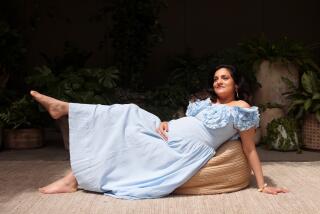Understanding the Complexity of Islam
- Share via
Although the purpose of the Multicultural Manners column (“Muslim Gender Roles Unveiled,” Feb. 13) on Yemeni Muslim women in an English as a Second Language course was presumably to provide insight on how to deal with people from a different culture, the end result reinforced a negative stereotype of Muslim women.
While it is true that some Muslims prefer segregated settings, the article makes the generalization that this applies to all so-called conservative Muslims. Islam is not divided into sects; therefore, the label conservative is arbitrarily defined. For example, many Muslims dress conservatively by American standards but attend coeducational classes or work in integrated settings without violating their religion.
I applaud the efforts of the school to accommodate the needs of a particular ethnic group, but the average reader who may not know much about Islam or Muslims is left with an image of repressed and inhibited Muslim women that is definitely not applicable to many of us who follow the religion of Islam.
If both the teacher mentioned in the column and its author had more access to Muslims of all backgrounds, they would see that we cannot be so easily categorized, nor can our religion’s position on basic issues such as male-female interactions be summed up in a few sentences.
Dr. LAILA AL-MARAYATI
President, Muslim Women’s League
Los Angeles
More to Read
Sign up for Essential California
The most important California stories and recommendations in your inbox every morning.
You may occasionally receive promotional content from the Los Angeles Times.










